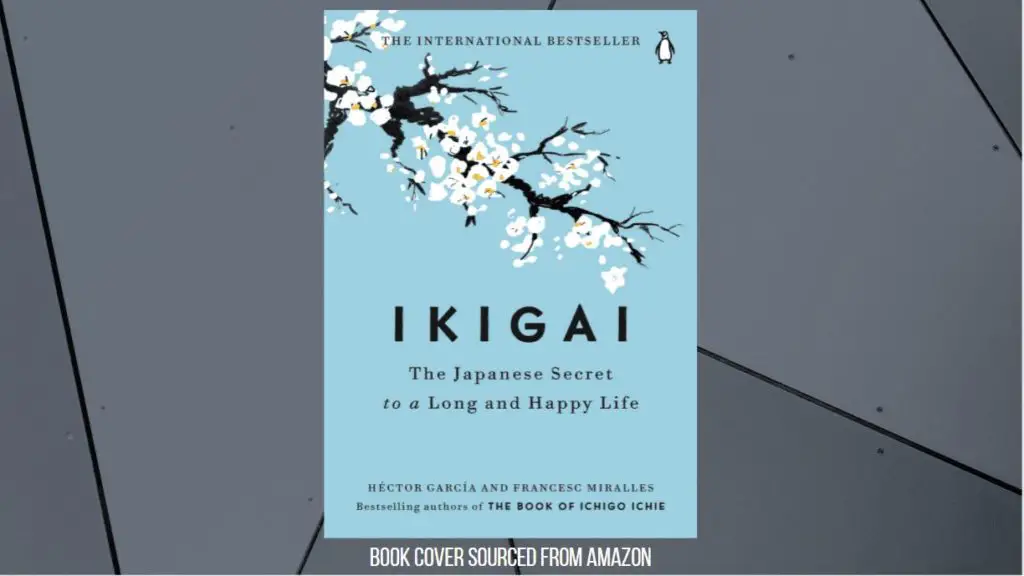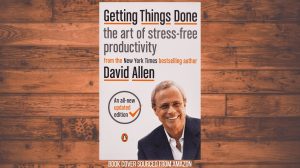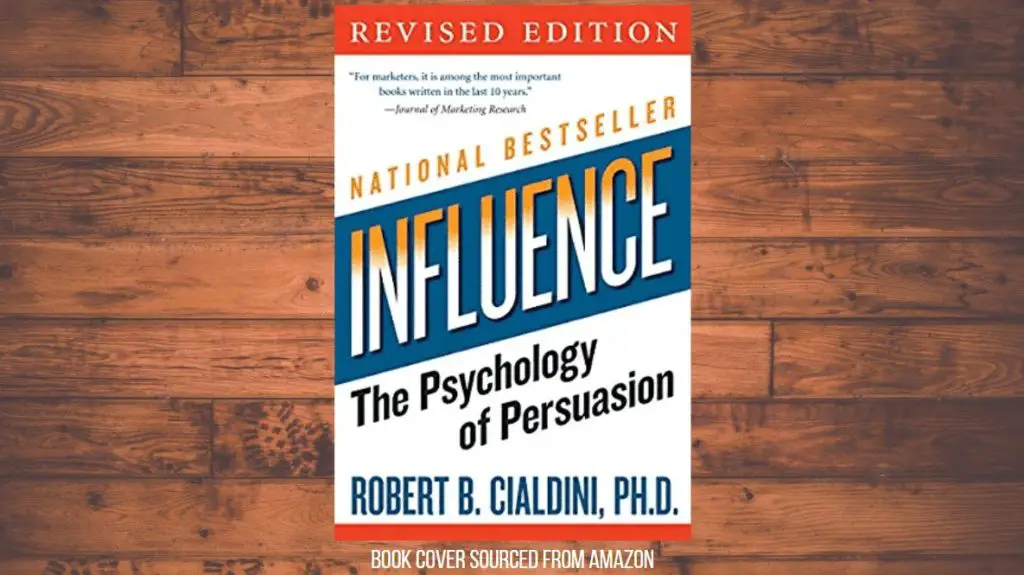This post may contain affiliate links, which means I’ll receive a commission if you purchase through my links, at no extra cost to you. Please read full disclosure for more information.
ABOUT
- Title: Ikigai
- Sub-title: The Japanese Secret to a Long and Happy Life
- Authors: Héctor García and Francesc Miralles
- Pages: 208
- Published: 2017
- Link to book
ONE-SENTENCE SUMMARY
Ikigai dives into the secrets of happiness and longevity from residents in the world’s Blue Zones, which are areas where people live the longest and are healthiest.
RECOMMENDATION
This is a great read to learn about the sources of happiness and longevity. The authors give you a glimpse into the lifestyles of many centenarians in the world’s Blue Zones. If you are looking to simplify your life, live longer, and become happier, Ikigai is the book for you.
TOP 32 TAKEAWAYS
In no particular order
1. This Japanese concept of ikigai translates roughly as “the happiness of always being busy,” is like logotherapy, but it goes a step beyond.
2. According to the Japanese, everyone has an ikigai. Our ikigai is hidden deep inside each of us, and finding it requires a patient search. Our ikigai is the reason we get up in the morning. Having a clearly defined ikigai brings satisfaction, happiness, and meaning to our lives.
3. One surprising thing you notice, living in Japan, is how active people remain after they retire.
4. The island of (almost) eternal youth. Not only do they live much longer than the rest of the world’s population, they also suffer from fewer chronic illnesses such as cancer and heart disease; inflammatory disorders are also less common. Many of these centenarians enjoy enviable levels of vitality and health that would be unthinkable for people of advanced age elsewhere.
5. The five Blue Zones. Okinawa, Japan; Sardinia, Italy; Loma Linda, California.; The Nicoya Peninsula, Costa Rica.; Ikaria, Greece. According to scientists who have studied the five Blue Zones, the keys to longevity are diet, exercise, finding a purpose in life (an ikigai), and forming strong social ties—that is, having a broad circle of friends and good family relations. Members of these communities manage their time well in order to reduce stress, consume little meat or processed foods, and drink alcohol in moderation.
6. The 80 percent secret. One of the most common sayings in Japan is “Hara hachi bu,” which is repeated before or after eating and means something like “Fill your belly to 80 percent.” Ancient wisdom advises against eating until we are full. rather than overeating and wearing down their bodies with long digestive processes that accelerate cellular oxidation.
7. Recent studies by nutritionists reveal that Okinawans consume a daily average of 1,800 to 1,900 calories, compared to 2,200 to 3,300 in the United States.
8. Maintaining an active, adaptable mind is one of the key factors in staying young. lack of mental exercise is bad for us because it causes our neurons and neural connections to deteriorate.
9. Dealing with new situations, learning something new every day, playing games, and interacting with other people seem to be essential antiaging strategies for the mind.
10. Research into the causes of premature aging has shown that stress has a lot to do with it, because the body wears down much faster during periods of crisis. They found that stress promotes cellular aging by weakening cell structures known as telomeres, which affect cellular regeneration and how our cells age. A little stress is good for you. A lot of sitting will age you.
11. Spending too much time seated at work or at home not only reduces muscular and respiratory fitness but also increases appetite and curbs the desire to participate in activities.
12. Get the right amount of sleep. Seven to nine hours is good, but any more than that makes us lethargic.
13. Be conscious of your daily routine in order to detect harmful habits and replace them with more positive ones.
14. A model’s best-kept secret. one of the things that tell us the most about people’s age is their skin, which takes on different textures and colors according to processes going on beneath the surface. Science has shown that sleep is a key antiaging tool.
15. melatonin production decreases after age thirty. We can compensate for this by: Eating a balanced diet and getting more calcium. Soaking up a moderate amount of sun each day. Getting enough sleep. Avoiding stress, alcohol, tobacco, and caffeine, all of which make it harder to get a good night’s rest, depriving us of the melatonin we need.
16. What, then, does logotherapy do? The answer is pretty clear: It helps you find reasons to live. Logotherapy pushes patients to consciously discover their life’s purpose in order to confront their neuroses. Viktor Franklr used this method.
17. Existential frustration arises when our life is without purpose, or when that purpose is skewed. What we need, then, is not a peaceful existence, but a challenge we can strive to meet by applying all the skills at our disposal.
18. Sunday neurosis, for example, is what happens when, without the obligations and commitments of the workweek, the individual realizes how empty he is inside.
19. Find flow in everything you do. Csikszentmihalyi called this state “flow,” and described it as the pleasure, delight, creativity, and process when we are completely immersed in life. You are completely immersed in the experience, not thinking about or distracted by anything else. The task has to be difficult for you but not too difficult that you give up.Concentrating on one thing at a time may be the single most important factor in achieving flow.
20. Designate one day of the week, perhaps a Saturday or Sunday, a day of technological “fasting,” making exceptions only for e-readers (without Wi-Fi) or MP3 players.
21. Start your work session with a ritual you enjoy and end it with a reward.
22. Train your mind to return to the present when you find yourself getting distracted. Practice mindfulness or another form of meditation, go for a walk or a swim—whatever will help you get centered again.
23. Meditation generates alpha and theta brain waves. For those experienced in meditation, these waves appear right away, while it might take a half hour for a beginner to experience them.
24. Rituals give us clear rules and objectives, which help us enter a state of flow. When we have only a big goal in front of us, we might feel lost or overwhelmed by it; rituals help us by giving us the process, the substeps, on the path to achieving a goal. When confronted with a big goal, try to break it down into parts and then attack each part one by one.
25. Happiness is in the doing, not in the result. The happiest people are not the ones who achieve the most. They are the ones who spend more time than others in a state of flow.
26. “The grand essentials to happiness in this life are something to do, something to love, and something to hope for.”
27. Okinawa’s miracle diet. They reached the following conclusions: Locals eat a wide variety of foods, especially vegetables. Variety seems to be key. 206 different foods, including spices, on a regular basis. They eat at least five servings of fruits and vegetables every day. More than 30 percent of their daily calories comes from vegetables. Grains are the foundation of their diet. Japanese people eat white rice every day, sometimes adding noodles. They rarely eat sugar, and if they do, it’s cane sugar. In addition to these basic dietary principles, Okinawans eat fish an average of three times per week; They consume fewer calories: an average of 1,785 per day, compared to 2,068 in the rest of Japan.
28. The key to staying healthy while consuming fewer calories is eating foods with a high nutritional value
29. An alternative to following the 80 percent rule on a daily basis is to fast for one or two days each week. The 5:2 (or fasting) diet recommends two days of fasting (consuming fewer than five hundred calories) every week and eating normally on the other five days. Among its many benefits, fasting helps cleanse the digestive system and allows it to rest.
30. STUDIES FROM THE Blue Zones suggest that the people who live longest are not the ones who do the most exercise but rather the ones who move the most. They don’t go to the gym or exercise intensely, but they almost never stop moving in the course of their daily routines.
31. “Metabolism slows down 90 percent after 30 minutes of sitting. And after two hours, good cholesterol drops 20 percent. Just getting up for five minutes is going to get things going again.
32. Since their inception, one of the objectives of both Buddhism and Stoicism has been to control pleasure, emotions, and desires. Both Stoicism and Buddhism are, at their roots, methods for practicing well-being. People can be insatiable. The Stoics believed that these kinds of desires and ambitions are not worth pursuing. Worrying about things that are beyond our control accomplishes nothing.
WHAT I LIKED
- Prescriptive to-do items for the reader to follow
- Real quotes, stories, and advice from centenarians
- Quick and easy book to get through
BENEFITS TO YOUR LIFE AND CAREER
- Improve longevity through positive habits.
- Live a fulfilling life.
- Help yourself as well as others with info from the book.
12 ACTIONS YOU SHOULD TAKE
1. When you notice you’re almost full but could have a little more . . . just stop eating! Fill your belly to 80%.
2. Get your mental exercise on to keep your brain young.
3. Do whatever you can to stay away from sustained periods of high stress.
4. Practice mindfulness and meditation. Train your mind to return to the present when you find yourself getting distracted. Practice mindfulness or another form of meditation, go for a walk or a swim—whatever will help you get centered again.
5. Prioritize sleep.
6. Create a routine built on positive habits. Replace harmful habits with positive ones.
7. Once you find activities that put you in a flow state, do what you can to increase the time you spend in flow.
8. Bundle routine tasks—such as sending out invoices, making phone calls, and so on—and do them all at once.
9. Foods that should be eliminated are refined sugar and grains, processed baked goods, and prepared foods, along with cow’s milk and all its derivatives.
10. Reconnect with nature.
11. Surround yourself with good friends. Friends are the best medicine.
12. Follow your ikigai.
RESOURCES
Ikigai can be found on Amazon at this link here if you are interested in reading.



